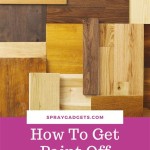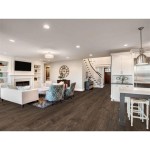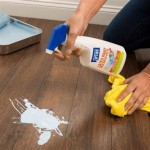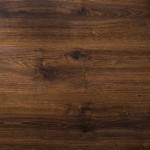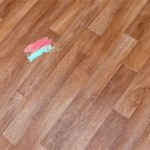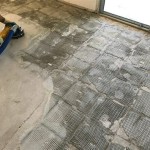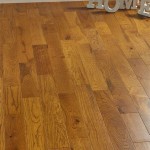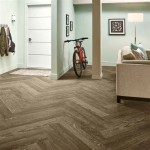Scratch Resistant Hardwood Flooring – A Wise and Stylish Investment
When it comes to flooring, hardwood is a timeless classic that adds warmth, character, and value to any home. However, traditional hardwood floors can be susceptible to scratches, which can compromise their beauty and durability. Fortunately, scratch resistant hardwood flooring has emerged as an innovative solution, offering the elegant aesthetics of hardwood with enhanced protection against wear and tear.
Understanding Scratch Resistance
Scratch resistance is a measure of a flooring's ability to withstand scratching and marring. Traditional hardwood floors typically have a Janka hardness rating of 500 to 1000, which indicates their ability to resist dents and scratches. Scratch resistant hardwood flooring, on the other hand, undergoes additional treatments or modifications to enhance its hardness and scratch resistance.
Benefits of Scratch Resistant Hardwood Flooring
Installing scratch resistant hardwood flooring offers numerous advantages:
- Enhanced durability: With increased scratch resistance, your flooring can endure the daily wear and tear of pets, children, and high-traffic areas.
- Low maintenance: Scratch resistant hardwood floors require minimal care and maintenance, saving you time and effort.
- Increased lifespan: By protecting against scratches, you prolong the life of your flooring, reducing the need for costly replacements.
- Preserved beauty: Scratch resistant hardwood flooring maintains its pristine appearance for years to come, enhancing your home's aesthetic appeal.
- Value investment: The durability and longevity of scratch resistant hardwood flooring make it a wise investment that increases your home's value.
Types of Scratch Resistant Hardwood Flooring
There are several types of scratch resistant hardwood flooring available, each with its unique characteristics:
- Aluminum oxide finish: A clear coating applied to the hardwood surface, providing excellent scratch resistance and durability.
- Ceramic finish: A porcelain or ceramic layer fused to the hardwood, offering exceptional scratch and moisture resistance.
- Engineered hardwood: A composite material with a thin layer of hardwood over a moisture-resistant core, offering both scratch resistance and dimensional stability.
- Exotic hardwoods: Certain exotic wood species, such as Brazilian walnut and ebony, naturally possess high scratch resistance.
Choosing the Right Scratch Resistant Hardwood Flooring
Selecting the ideal scratch resistant hardwood flooring for your home depends on several factors:
- Traffic and usage: Consider the amount of foot traffic and the specific activities that will occur on the flooring.
- Style and color: Choose a flooring that complements your home's decor and creates the desired ambiance.
- Budget: Determine the price range that fits your budget and explore options within that range.
- Warranty: Look for flooring with a generous warranty that covers scratch resistance and other wear and tear.
- Professional installation: Ensure proper installation by hiring a qualified flooring contractor.
Conclusion
Investing in scratch resistant hardwood flooring is a wise choice for homeowners seeking a beautiful, durable, and value-enhancing addition to their homes. By understanding the various types and benefits, you can select the perfect flooring to withstand the rigors of daily life while maintaining its pristine appearance for years to come.

Is Engineered Wood Flooring Scratch Resistant Kens Yard

Which Type Of Flooring Is Best To Increase Your Home S Re Value

Average Hardwood Flooring S In 2024 Forbes Home

Best Engineered Wood Flooring Of 2024 Forbes Home

Hardwood Flooring Trends For 2024 Southern Crush At Home

Is Engineered Wood Flooring Scratch Resistant Kens Yard

Tile Vs Wood Flooring Major Differences Pros Cons And Costs Forbes Home

How Can I Make My Wooden Floor Scratch Resistant Trade Coatings

2024 Popular Hardwood Flooring Options For Builders Buildertrend

Types Of Flooring Options And Costs Forbes Home
See Also
